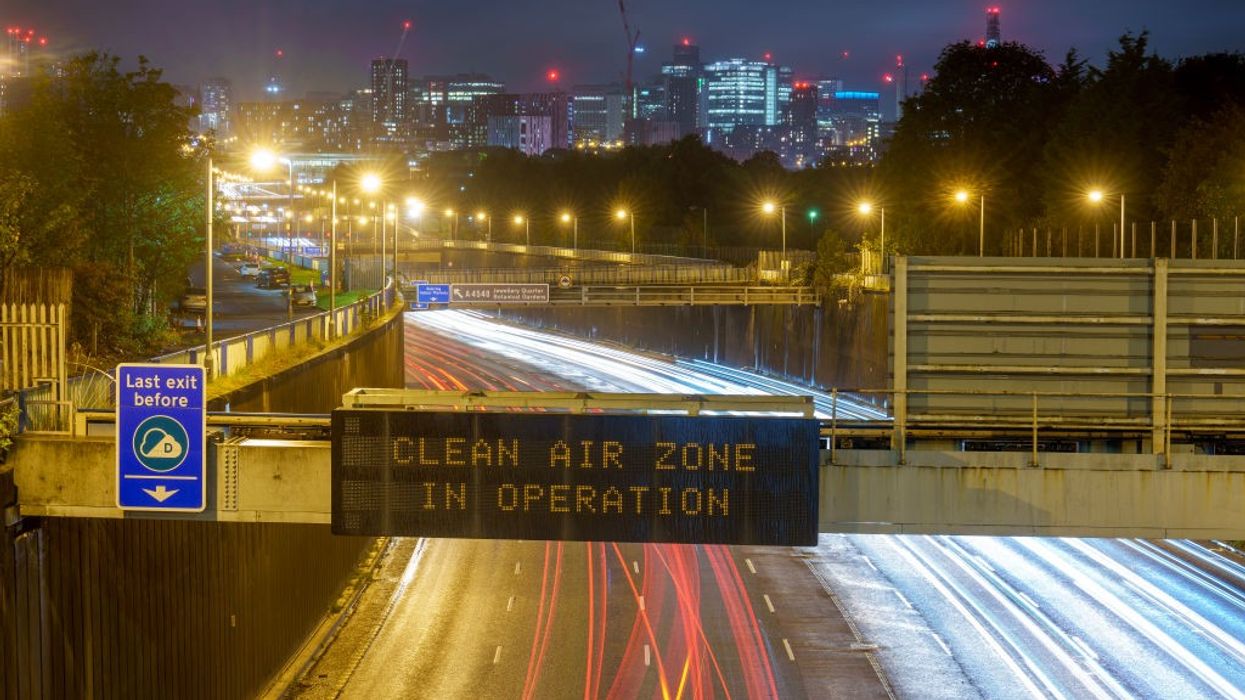CLEANER air in the West Midlands has the potential to save approximately 2,000 lives annually, according to a recent study.
Achieving the WHO air pollution standards in the region could prevent 2,000 new cases of asthma, 770 new heart disease diagnoses, 170 lung cancer cases, and 650 strokes each year, the research revealed.
The study also examined the financial benefits of adhering to WHO guidelines from 2021 onwards over a 20-year period. The primary savings would come from a reduction in chronic diseases, particularly asthma, with estimated earnings of £285 million for the NHS and £167m for social care.
Additionally, fewer work absences would contribute an extra £175m to the economy, alongside significant improvements in quality of life for thousands.
Dr. Suzanne Bartington from the University of Birmingham, who led the study, said, “Our goal was to understand how poor air quality impacts health and the economy across the West Midlands. This insight will support targeted strategies to enhance air quality and address health disparities.”
Dr. James Hall, who focused on health economics for the study, added, “The health burden from air pollution correlates with socioeconomic deprivation, with the highest impacts in densely populated urban areas like Sandwell and Birmingham. Meeting WHO standards would most benefit these deprived regions.”
Bartington noted that the adverse health effects in the West Midlands are largely due to long-term exposure to particulate pollution. Other researchers at the University of Birmingham are investigating the sources of these particles.
For over a year, Dr Deepchandra Srivastava and his team collected particulate matter from two city locations: one on the university campus in the south and another near a primary school in Ladywood, close to the city centre.
Daily particle samples were collected using filters, which were then analysed in the lab to identify different chemical components.
The data revealed a decrease in sulfur particles over the past twenty years, attributed to the closure of coal-fired power plants and stricter regulations on vehicle emissions.
Particulate matter can remain airborne for over a week, and the team found particles originating from sources hundreds of miles away, such as shipping fuel oil. A significant portion of the particle pollution resulted from chemical reactions among various pollutants, including ammonia primarily from agricultural activities outside the region.
Srivastava said, “Our preliminary analysis shows that the main local sources of particle pollution within the West Midlands include dust from the wear of vehicle tyres, brakes and roads and wood burning.”
Prof Roy Harrison, a co-author of the health impacts study, said, “The introduction of the clean air zone in 2021 has reduced nitrogen dioxide levels in the city center. However, nitrogen dioxide and particulate matter pollution remain significant challenges throughout the region that require urgent attention.”





